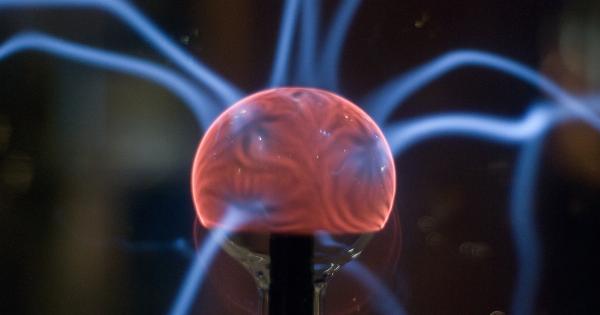Vitamins are essential nutrients that play a vital role in maintaining good health. They are involved in various biological functions of our body, from supporting the immune system to aiding in energy metabolism.
However, many people are not getting enough vitamins in their diet. Some may be deficient due to poor eating habits or limited food choices, while others may have a medical condition that interferes with vitamin absorption.
To determine if you are getting enough vitamins, take the test below. Answer the questions honestly and see how you score.
Vitamin A
Vitamin A is essential for maintaining healthy skin, vision, and immune function. It also plays a critical role in the growth and development of bones and tissues.
Do you eat foods high in vitamin A, such as:.
- Carrots
- Sweet potatoes
- Pumpkin
- Mangoes
If you answered “no” to all of these foods, you may be at risk for a vitamin A deficiency.
Vitamin C
Vitamin C is a powerful antioxidant that helps support healthy immune function and promotes the absorption of iron in the body. It is also essential for the growth and repair of tissues in the body.
Do you eat foods high in vitamin C, such as:.
- Oranges
- Strawberries
- Broccoli
- Kiwi
If you answered “no” to all of these foods, you may be at risk for a vitamin C deficiency.
Vitamin D
Vitamin D is important for maintaining strong bones and teeth, as well as supporting immune function.
Do you get enough vitamin D from:.
- Sunlight exposure
- Fatty fish
- Egg yolks
- Mushrooms
If you answered “no” to all of these sources, you may be at risk for a vitamin D deficiency.
Vitamin E
Vitamin E is a powerful antioxidant that helps protect cells from damage caused by free radicals. It also supports immune function and helps improve blood circulation.
Do you eat foods high in vitamin E, such as:.
- Almonds
- Avocado
- Sunflower seeds
- Swiss chard
If you answered “no” to all of these foods, you may be at risk for a vitamin E deficiency.
Vitamin K
Vitamin K is important for maintaining healthy bones and blood clotting.
Do you eat foods high in vitamin K, such as:.
- Kale
- Spinach
- Broccoli
- Parsley
If you answered “no” to all of these foods, you may be at risk for a vitamin K deficiency.
B Vitamins
The B vitamins (thiamin, riboflavin, niacin, B6, B12, folate, and pantothenic acid) are essential for energy metabolism, nerve function, and the formation of red blood cells.
Do you eat foods high in B vitamins, such as:.
- Whole grains
- Beans and legumes
- Leafy greens
- Liver
If you answered “no” to all of these foods, you may be at risk for a B vitamin deficiency.
The Results
If you answered “no” to all of the foods listed for each vitamin, you may be at risk for a deficiency. However, it is important to note that this test is not meant to diagnose a vitamin deficiency.
If you suspect that you may be deficient in a vitamin, speak with a healthcare professional.
To ensure that you are getting enough vitamins in your diet, try to eat a variety of fruits, vegetables, whole grains, and lean proteins.
If you have a medical condition that interferes with vitamin absorption, your healthcare professional may recommend supplements.































